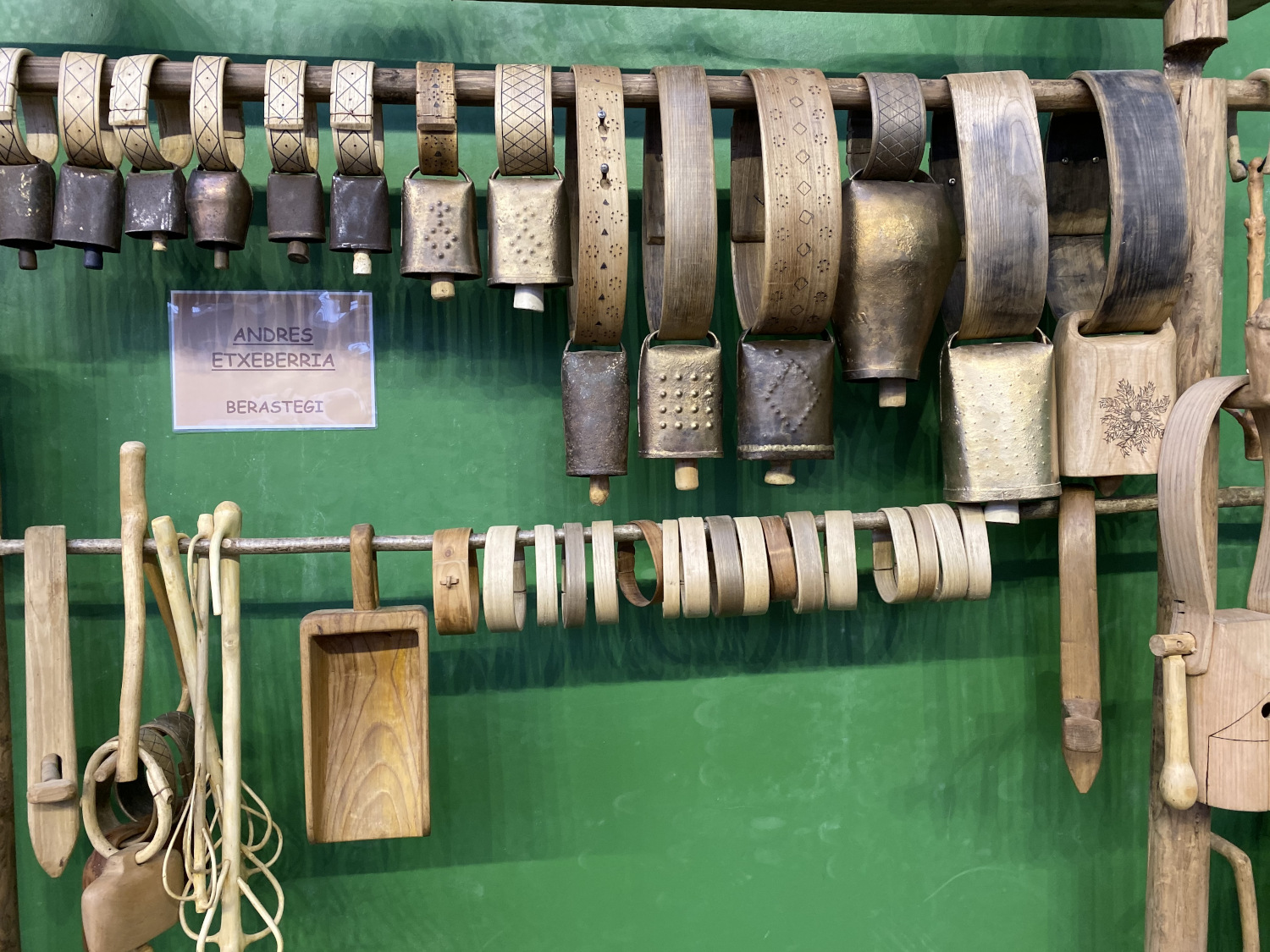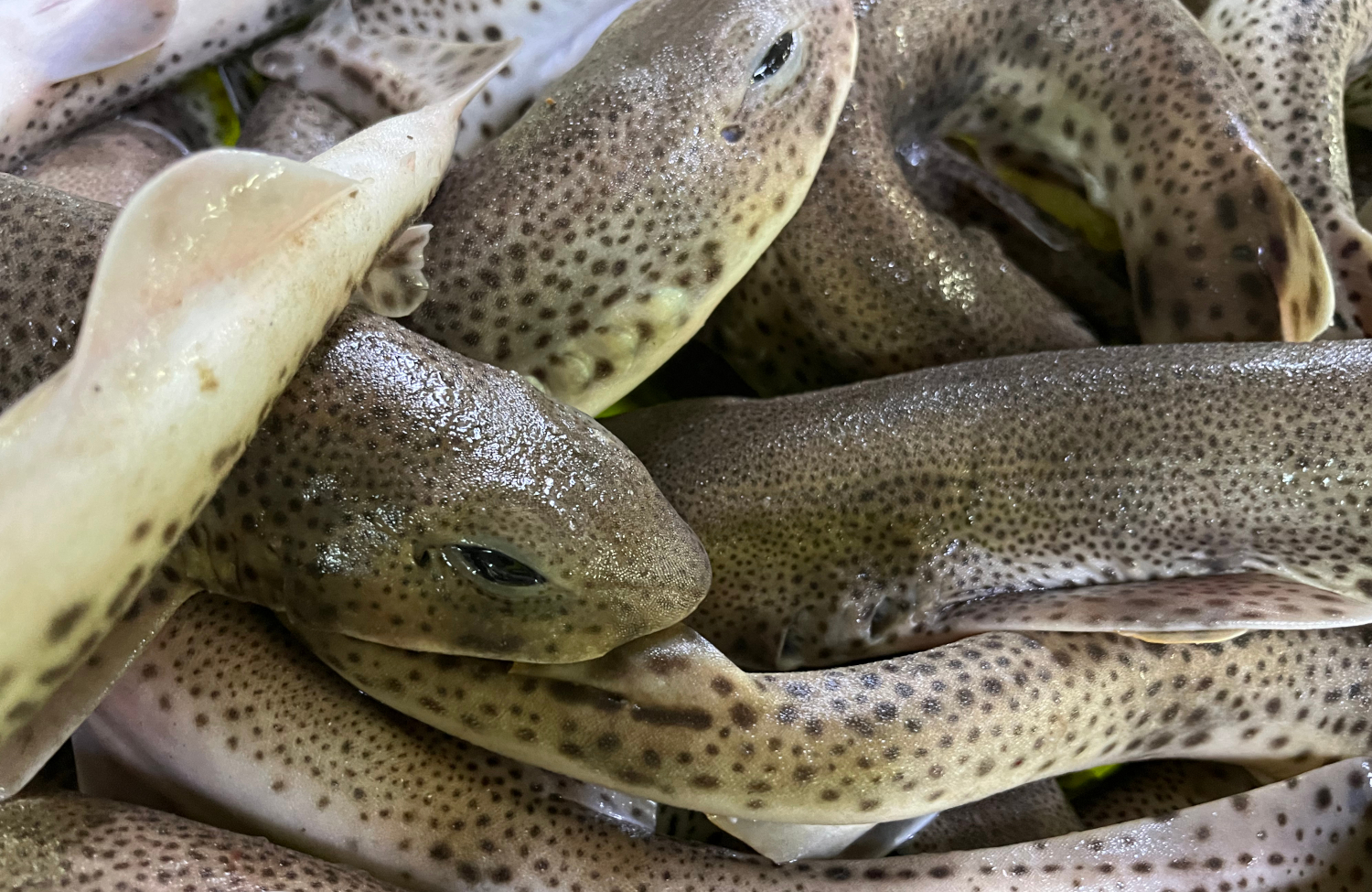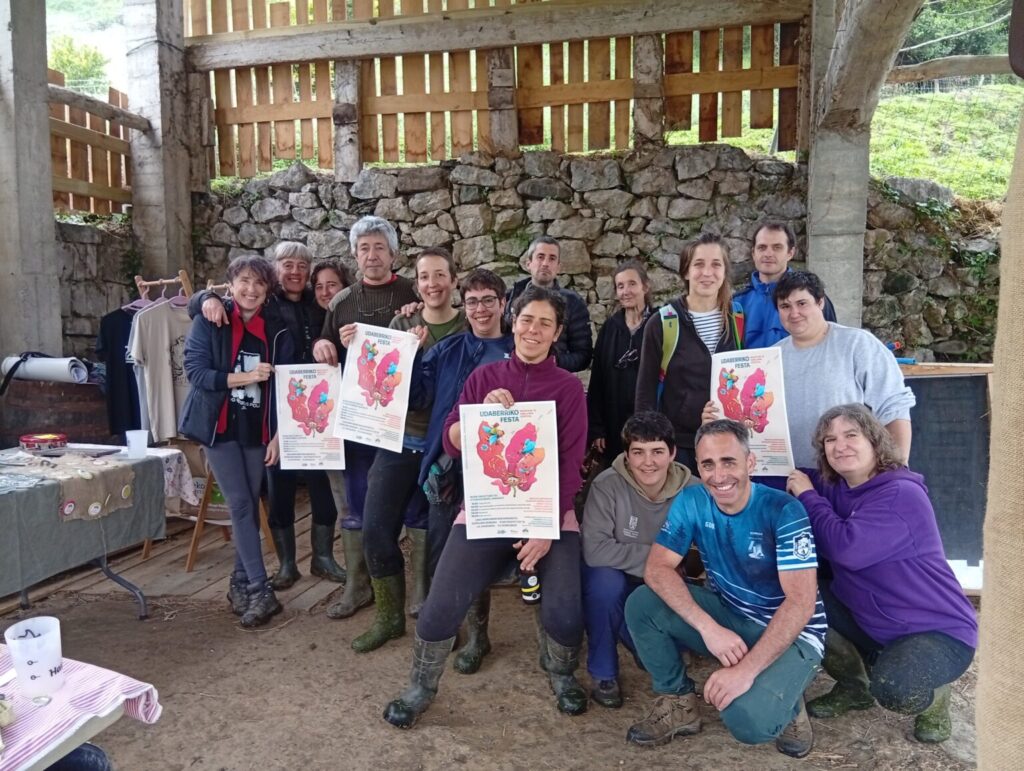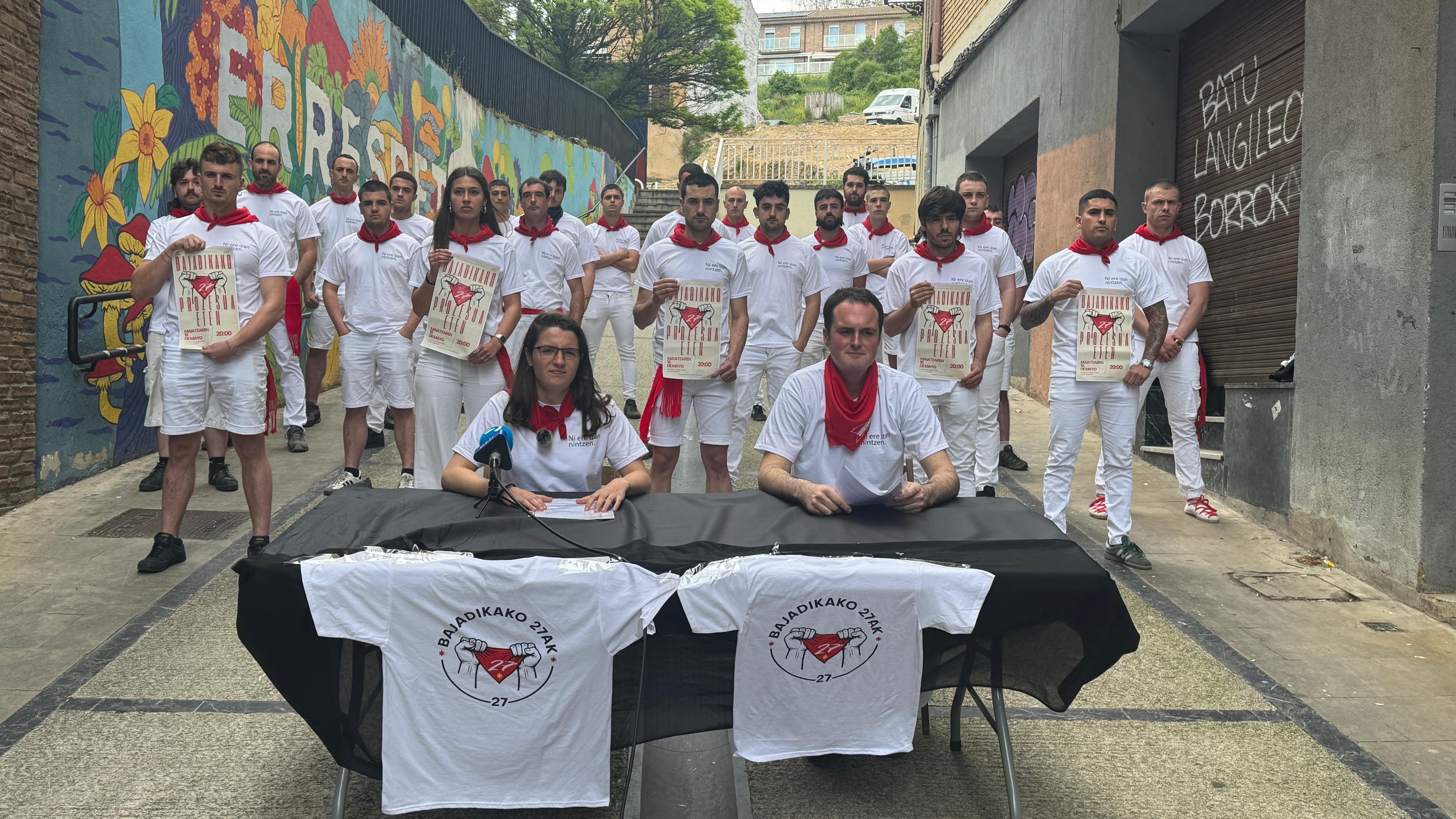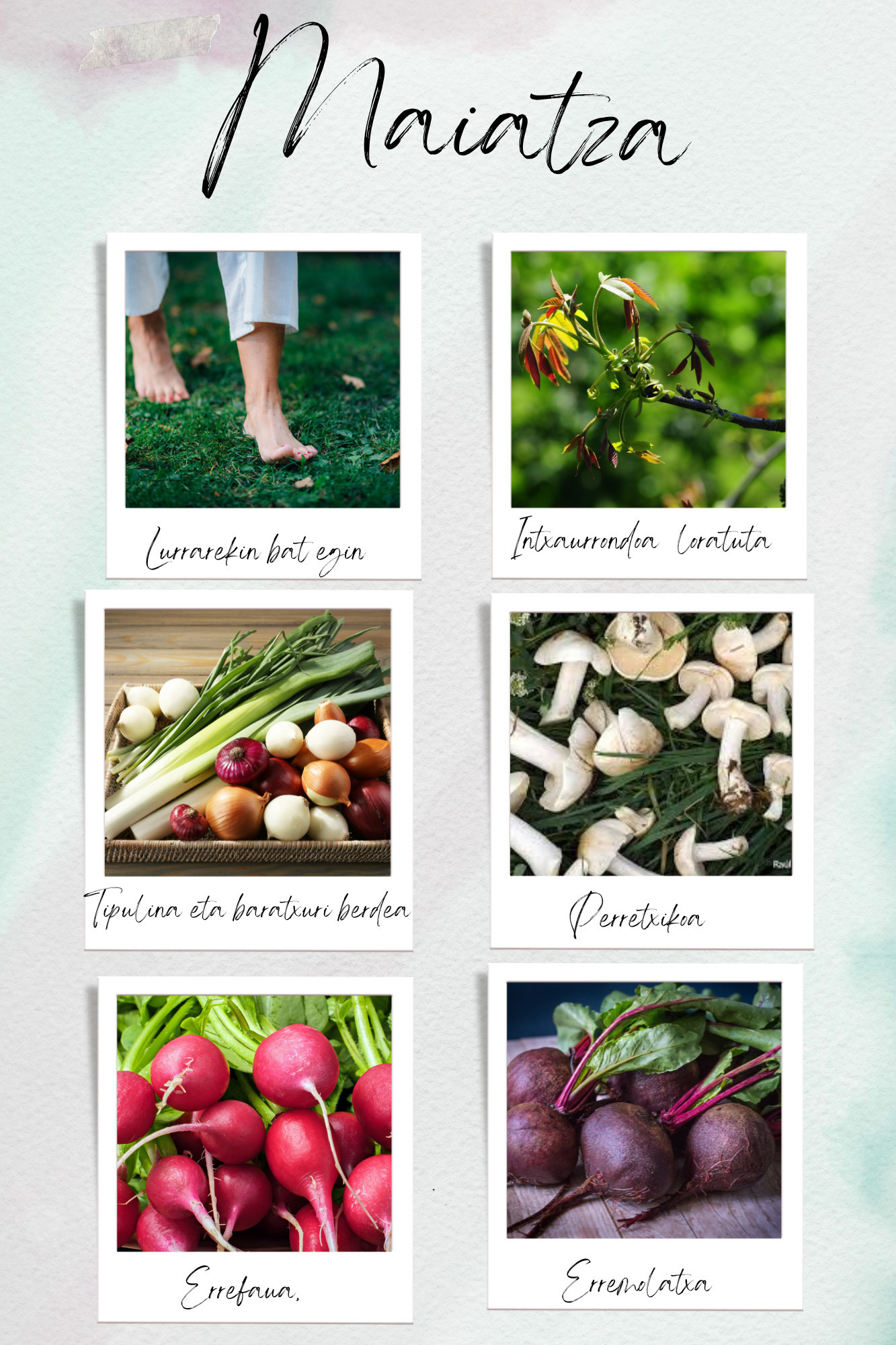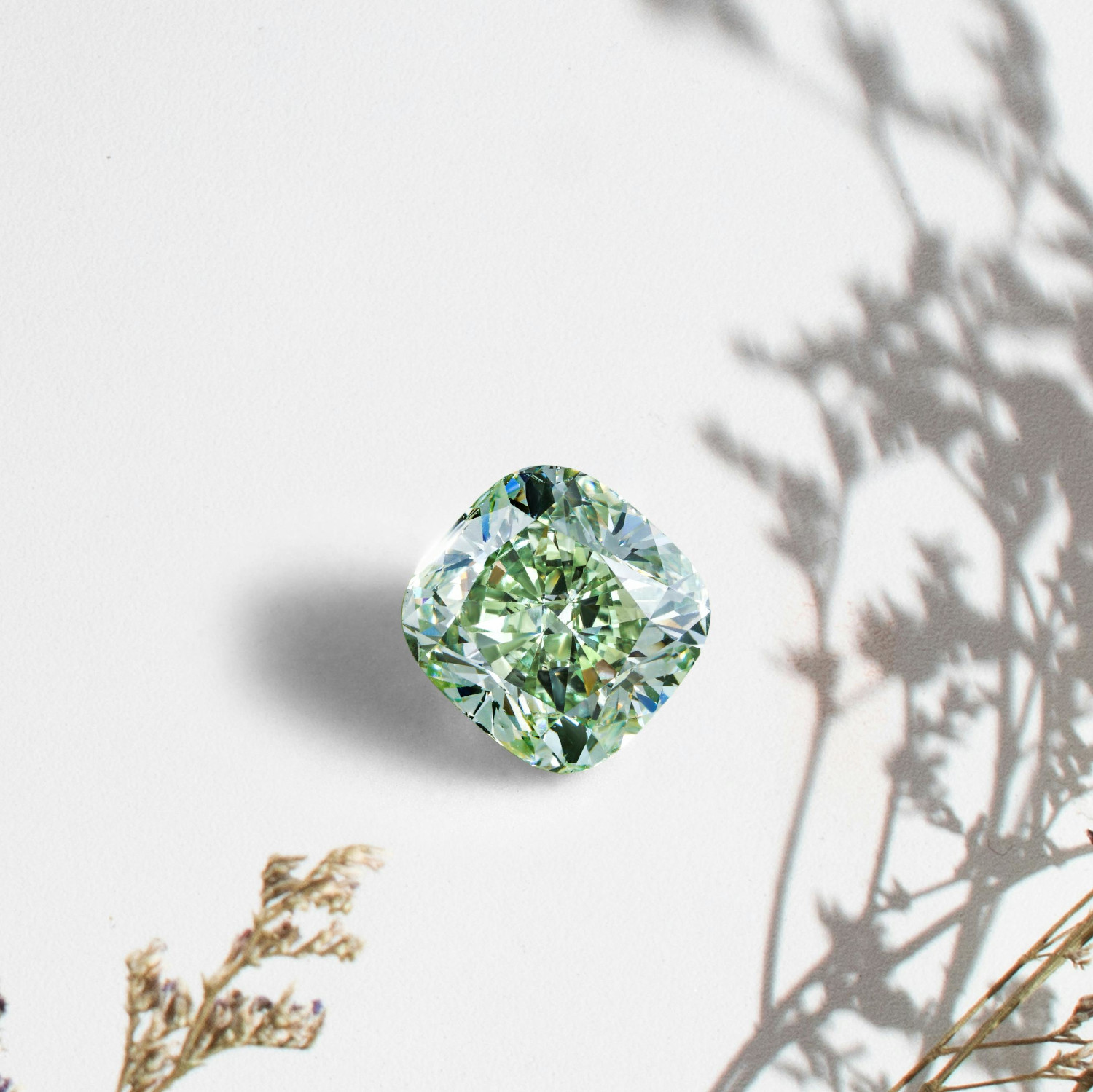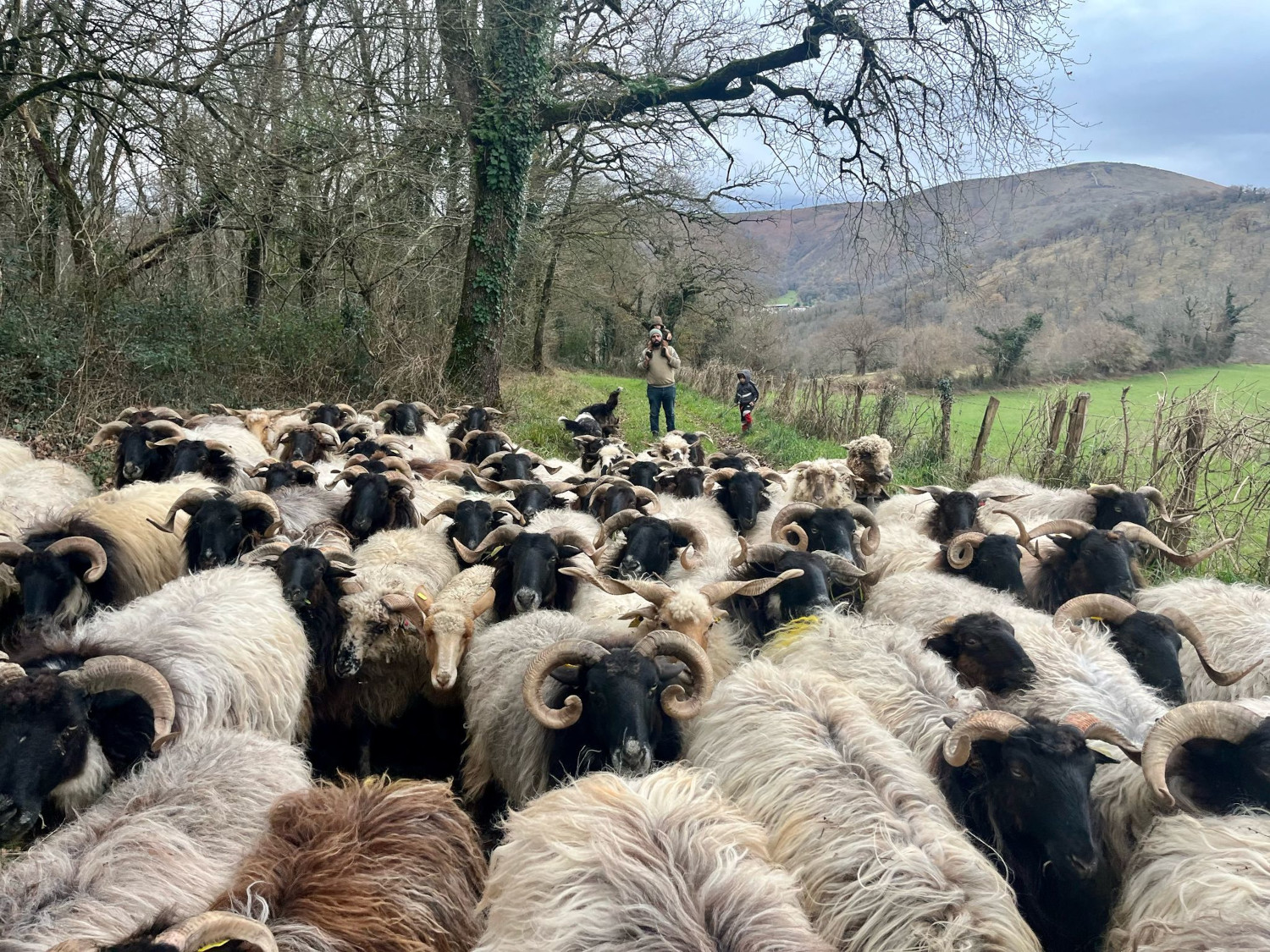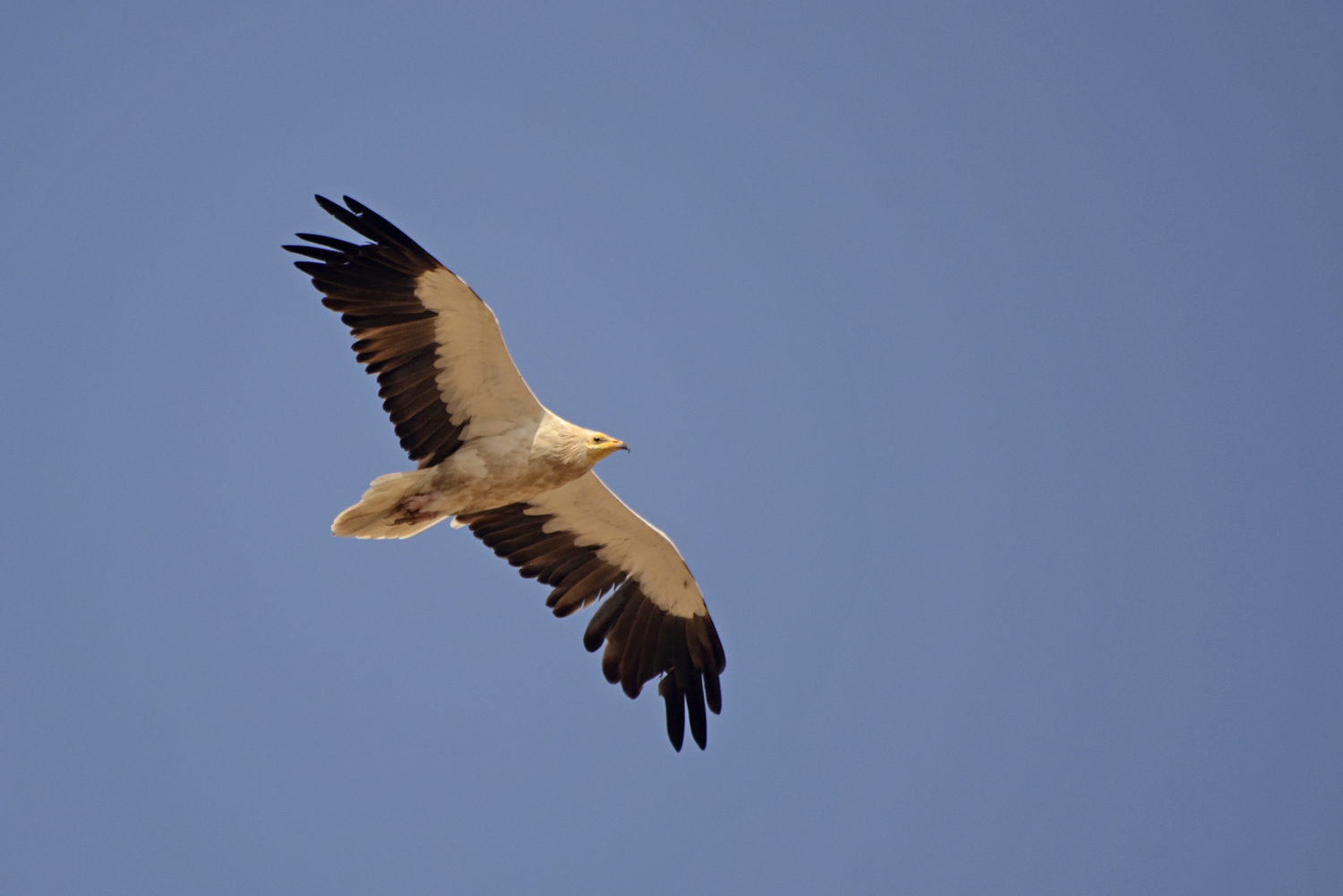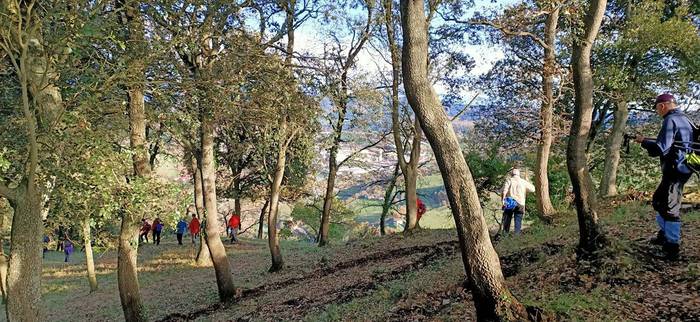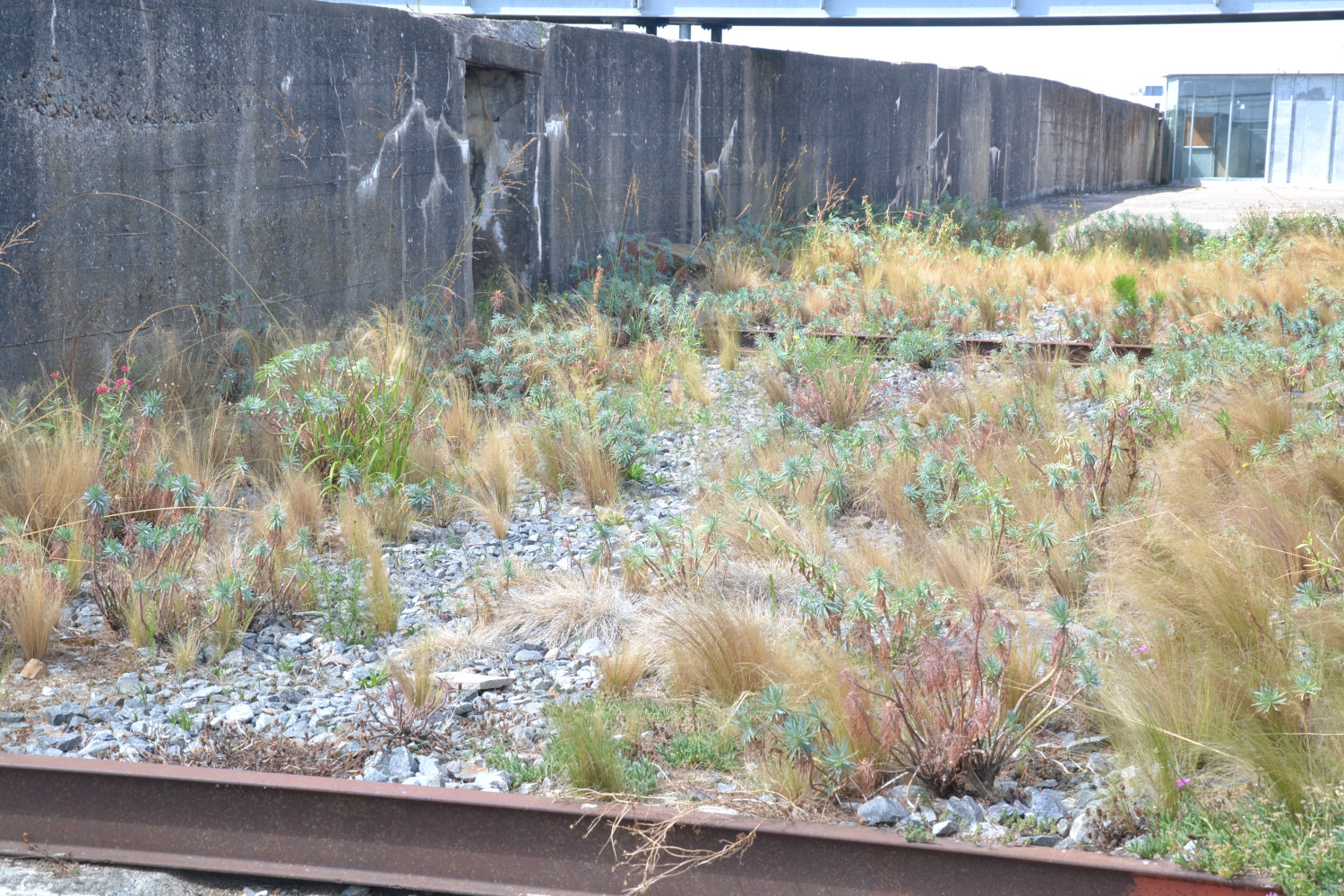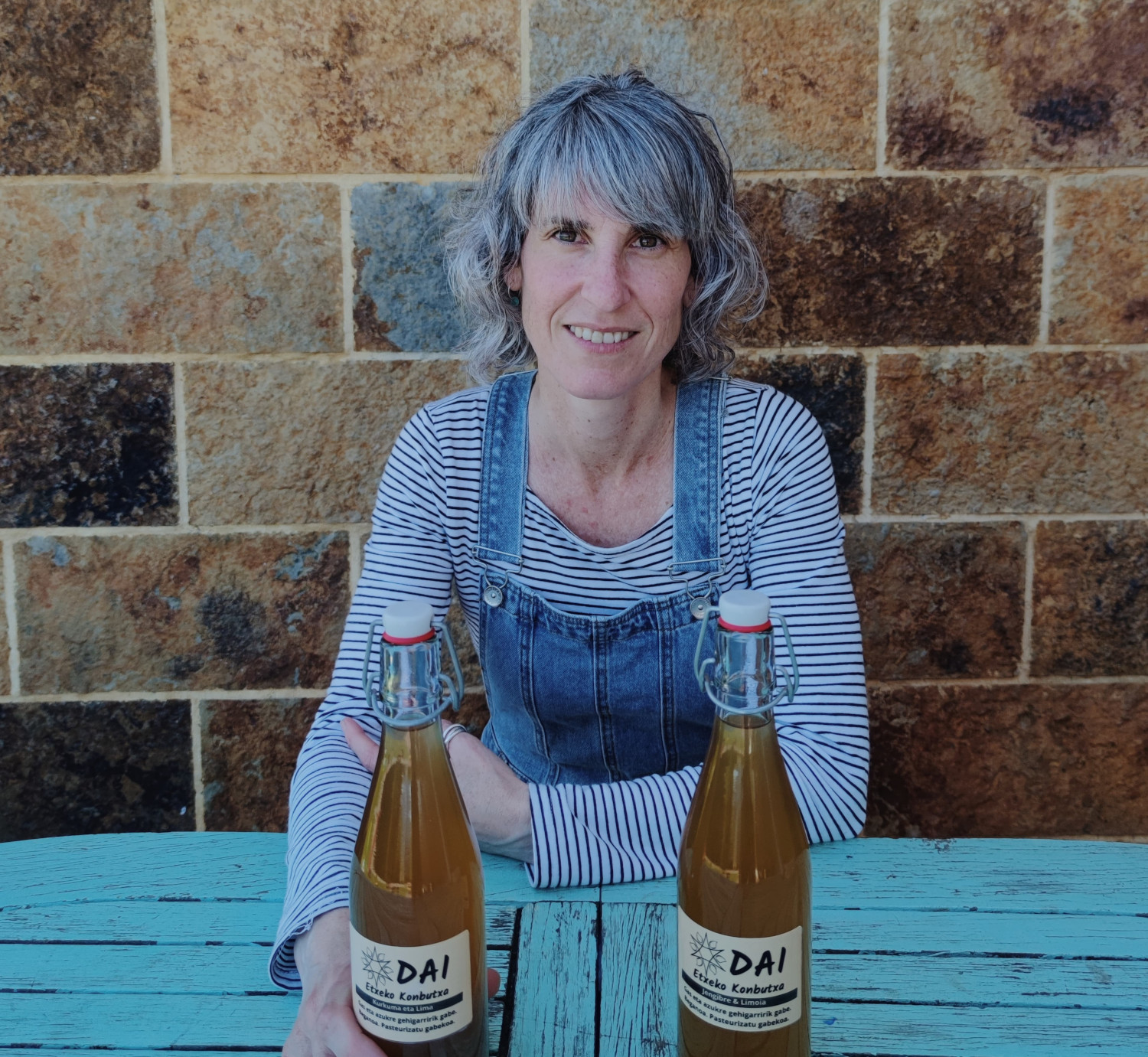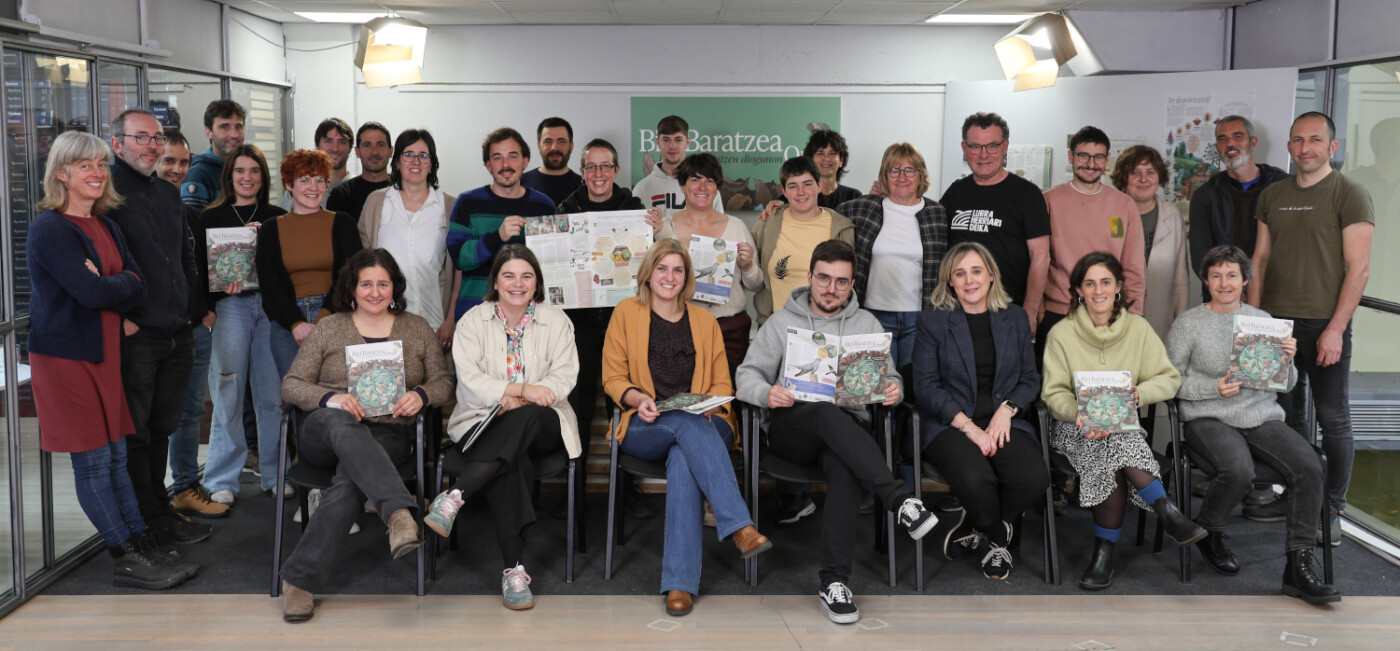Eating the poisonous Garo

The Garoa is well known in the mountains. In public management of the old mountain, common Garo (Pteridium aquilinum) was a considered benefit. With Otea (Ulex spp.) And along with the litter was the first fertilizer. Firewood and charcoal, construction wood, grass, hunting, fruits and mushrooms, water, mineral... What doesn't give the mountain? This is what Jean Duvoisin collected in his 1858 book, The Book of Tillage or the Conversations of the Two Sons of Father about Cultivation: “There is no goodness that brings net benefits like the jungle.” This phrase should be remembered to some of the current popular forests and forests managers... To those who see no more than the benefit of mere miserable wood. Those who defend eucalyptus (Eucalyptus camaldulensis and E. globulus) are crudely planting pospoles in our mountains, says more and more people. It's called planting bristles because the poor quality of the wood of these two trees serves only to make paper pasta or chopsticks, like the bristles, and because in the mountains they are clean for the fireplace, more perishable than pine for eucalyptus. The fence doesn't allow them to see the mountain.
But on the mountain there's a fern. A lot. More and more abandoned in our pastures and pastures, as well as in the ditches, etc. By stretching the roots, the garomenas grow and grow in all directions. Therefore, the spores it uses to reproduce rather than fruit and flower seeds are very light and can go far from the wind. This has meant a great expansion of our common fern. Today, it can be said that its distribution is global.
There are other reasons for this. The teeth of herbivorous cattle will not approach immediately. Fern has poisonous components, which has prevented it from being grass.
Some animals eat, however, fern. Among us. The tradition of eating new Garo outbreaks is widespread in East Asia, Japan, China... In Korea they call it “breakfast”, I don’t know if they eat in the morning meal or not... Soups preserved in salt... They give it two boiled and clean it with the slight poison stains contained in the pill. The thick underground rhizomes are also used to grind and make bread, or rather, and they were called poor bread. They are suitable for fermentation and alcoholic beverages like all hariners. In Siberia, for example, they make a kind of beer.








